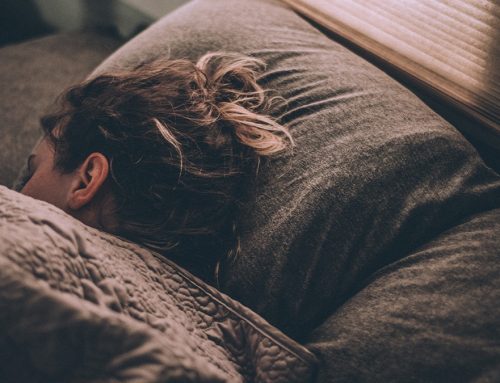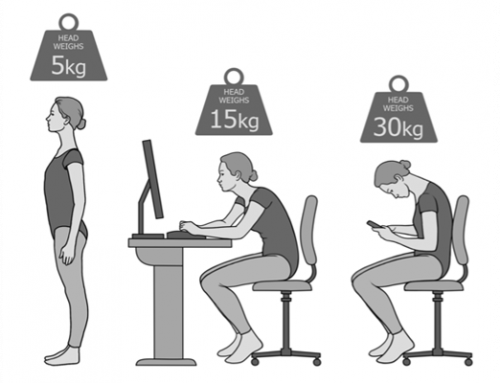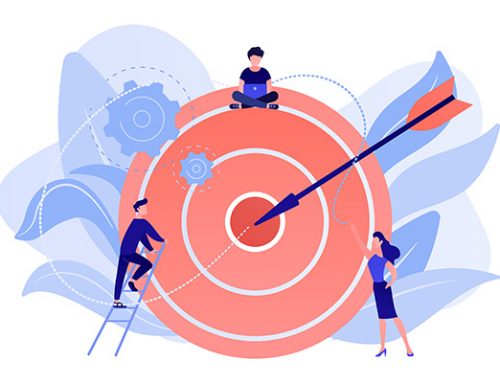With all the stress and busyness in our life, it’s important to have some ways to relax and switch off. We’ve all lain awake at night, unable to sleep because of our racing thoughts or felt overwhelmed by a problem that we just can’t figure out. Maybe you’ve even felt your heart racing or noticed that you’ve become run down or anxious.
Lots of us have unhealthy ways to let off steam – we snap at our partner, scoff a tub of ice-cream or use alcohol or drugs to numb out the stress in our lives – but these are all quick fixes that don’t actually relieve stress, they simply avoid the experience of stress. Physically and mentally, the stress remains and if we avoid our stress for too long, we can burn out or suffer a panic attack.
More than ever, it’s important to build in time for relaxing into our busy schedules. Relaxation not only soothes our mind and gives us an opportunity to get insight on our problems, it also allows our body to heal by activating our ‘rest and digest’ nervous system response that boost immune function and increases blood flow to our brain and internal organs so they can function optimally. (This is the opposite of the fight and flight mode we’re in when we’re stressed).
Too much stress and not enough relaxation can have serious consequences – it’s estimated that stress is implicated in 70-85% of trips to GPs and direct correlations have been found between high stress and heart disease, insomnia, and XXXXX
The following techniques have been scientifically proven to promote relaxation and activate your ‘rest and digest’ mode so that your mind can quiet and your body can heal.
- Breath deep
Deep breathing is an easy relaxation technique that you can use any time. When we breathe deeply into our belly, we activate our rest and digest relaxation response. In fact, deep breathing is the only body function we can control that triggers this relaxation response. You might like to set a reminder in your phone to prompt you to take 5 deep breaths several times during the day, or get into the habit of taking deep breaths every time you stop at a traffic light, or before responding to an email.
Try it now – inhale deeply, bringing your breath down into your belly, and exhale slowly, breathing out any stress or tension you’ve been holding on to. As you can feel, a few deep breaths makes a world of difference!
- Go to your happy place
Picturing calming imagery in our minds eye is another effective way to relax. Just shut your eyes and imagine yourself walking along a beautiful beach or a though a peaceful forest. Create the scene in your mind – visualise your view, imagine the feel of the air on your skin or sand under your feet, imagine what you can smell or hear. You might like to use a memory or simply imagine a beautiful place. Try making your phone or computer background a calming scene to help remind you to relax throughout the day.
- Tune it out
Listening to music has a relaxing effect on our minds and bodies, especially slow, quiet classical music. This type of music has been found to slow our pulse and heart rate, lower blood pressure, and decrease the levels of stress hormones. You can find hundreds of relaxing music tracks on YouTube designed to help ease stress and anxiety. Try playing calming music in the car, while you work, and when you’re at home and see the difference it makes for you!
- Meditate
You can combine all of the above techniques in meditation. Meditation is like training for the brain – the more we meditate, the more hardwired our brain becomes for relaxation. Use a guided meditation like the ones in the Vital Mind program or put on some calming music and focus on your breath or imaging a relaxing scene.
Relaxation is fast becoming a modern day superpower that’s the secret weapon of big thinkers and high achievers. Build it into your day and your brain and body will love you for it.
By Amelia Harvey






